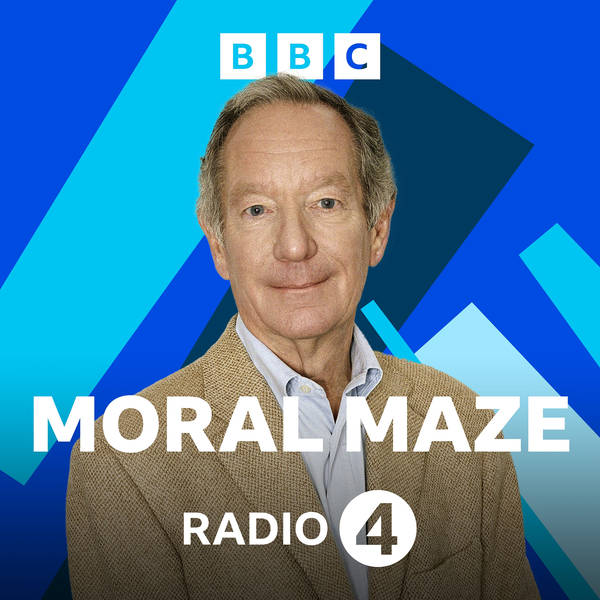
24/07/2024
The Modern Olympics were founded in 1896 by a Parisian with serious moral principles . Pierre De Coubertin even made up a word for it: Olympism: ‘a way of life based on the joy of effort ..and respect for universal fundamental ethical principles. He thought that sports at an international level could foster respect and peace between nations. This week as the Games get underway in De Coubertin’s city, athletes have been meeting to do just that, talk about the role that sport plays in building bridges. But how much does the modern games live up to these highminded ideals? For detractors, it’s a bloated megagames, always billions over overbudget that displaces communities and marginalises the excluded. What about nationalism and the place of the politics in the competition? The way De Coubertin conceived the idea with nations competing for international glory, means it’s impossible to put nationalism and politics aside. He insisted it was individuals, not countries in competition but the medal tables tell a different story. And the Olympics has often been the battleground to show the triumph of one ideology over another, particularly during the Cold War. Does the Olympics really promote peace as it’s goals suggest or is just ‘war minus the shooting’ as George Orwell wrote. Do the Olympics cause more harm than good? WITNESSES: Dr Shakiba Moghadam, Dora Pallis, Prof David Case Large, Prof David Papineau PANELLISTS:Giles Fraser, Anne McElvoy,Ash Sarkar, Mona Siddiqui Presenter: Michael Buerk Producer: Catherine Murray Assistant Producer: Ruth Purser Editor Tim Pemberton
